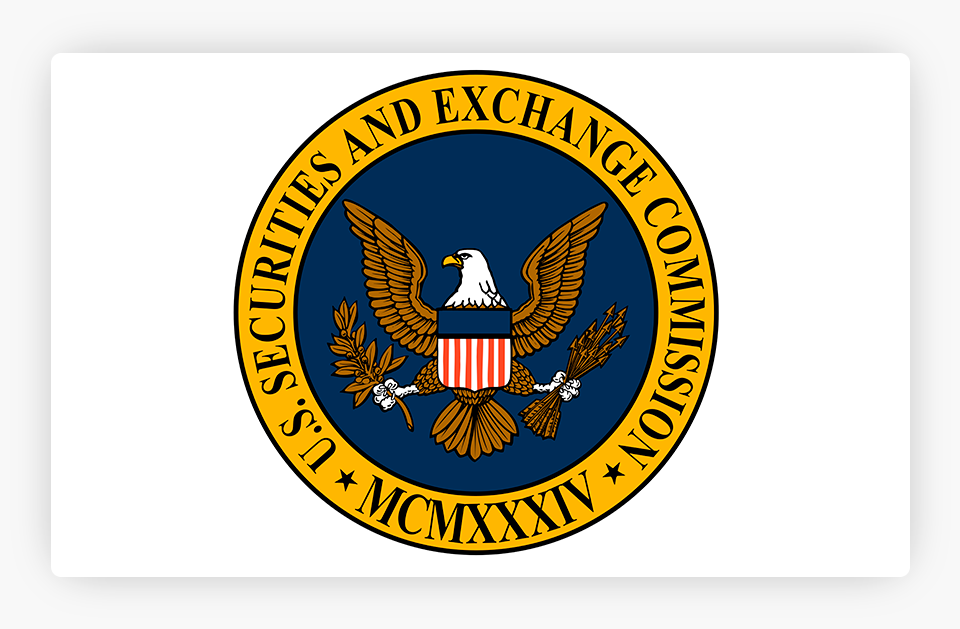We can’t send you updates from Justia Onward without your email.
Unsubscribe at any time.
Buying securities or taking out a loan can be intimidating, but consumers have recourse against misconduct by financial professionals or institutions. The Banking and Finance Law Center at Justia explains some of the key rules in this area.
Last month, a financial scandal that captured the attention of many Americans reached its climax. Sam Bankman-Fried had founded cryptocurrency exchange FTX in 2019 and served as its CEO, despite allegedly knowing nothing about cryptocurrency at the time. He soon became a billionaire, but the bubble did not take long to burst. FTX filed for bankruptcy in November 2022, and “SBF” was arrested in the Bahamas the next month. The U.S. Department of Justice alleged that he had sought to deceive and defraud customers and lenders of FTX and his crypto hedge fund, known as Alameda Research. After four hours of deliberations, a New York City jury convicted Bankman-Fried on seven counts involving various federal white collar crimes. The former “crypto king” awaits sentencing early next year. He could potentially spend the rest of his life in prison.
Cryptocurrency has sparked controversy throughout its brief life. Some have embraced it enthusiastically, while others have been wary of entering an industry that they cannot fully understand. The Banking and Finance Law Center at Justia provides a detailed discussion of cryptocurrency and the legal concerns that it implicates. In addition, this section of the Justia Legal Guides covers a broad range of topics involving securities laws and banking regulations.
Cryptocurrency Laws & Regulations

The term “cryptocurrencies” refers to digital assets that can be used for transactions or held as investments. These virtual currencies rely on cryptography to secure transactions, which are stored on a distributed ledger. A key legal question regarding cryptocurrencies is whether they should be considered securities. This would make cryptocurrency sales subject to securities regulations. A clear answer has not emerged, but the Securities and Exchange Commission has indicated that it views many cryptocurrencies as securities.
Meanwhile, the U.S. Congress has considered various bills that might directly address digital assets, such as the Responsible Financial Innovation Act. State legislatures have taken contrasting approaches. Some states, such as Arizona, Florida, and North Carolina, have created a “regulatory sandbox” that encourages companies to experiment with cryptocurrency products. Other states have imposed restrictions on this sector. For example, they may require licenses to transmit cryptocurrency.
Securities Law

While they are not as novel as cryptocurrency, traditional securities can raise complex legal issues as well. The main securities law is the Securities Exchange Act of 1934, which created the SEC and gave it the authority to impose rules for securities transactions. The SEC can bring an enforcement action if a person or entity has violated a securities law or regulation, and its rules allow private investors to sue for damages caused by securities violations. States also have implemented their own laws prohibiting securities fraud and similar misconduct. These are often called “blue sky” laws.
Misconduct by a professional in the securities industry, such as a broker or investment adviser, may take many forms. One common example is account churning, which consists of making unnecessary trades to generate more commissions. Or a professional may engage in unauthorized trading by performing transactions without the permission of a client. A professional also may misrepresent a fact about a securities transaction, or they may leave out important information that a client would want to know when making a decision.
An investor may have a claim for damages against a financial professional even if they did not intend to defraud the investor. If they can prove that the defendant acted negligently, an investor may recover damages for their losses. This generally means that the defendant breached a duty that they owed to the investor, which caused them to lose money or miss out on profits. Some claims may be resolved through securities arbitration, while others can proceed in court.
Banking Law

Consumers rely on banks not only to keep their money safe but also to provide loans. The discussion of bank lending in the Banking and Finance Law Center describes some of the main federal laws that govern this area. For example, the Equal Credit Opportunity Act prohibits discrimination against consumers based on certain protected traits. The Truth in Lending Act requires disclosures about the key components of a loan so that consumers do not sign up for a loan without knowing their obligations. Other federal laws regulate mortgage lending when a consumer purchases a home.
Certain federal agencies regulate the banking industry, such as the Federal Deposit Insurance Corporation. A bank that becomes an FDIC member will get deposit insurance, but it must follow FDIC rules in exchange for this benefit. Meanwhile, the Consumer Financial Protection Bureau has sought to improve consumer lending practices. State regulatory agencies also may oversee the activities of banks. If a government investigation finds that a bank has violated a regulation to which it is subject, the bank may face penalties from fines to cease and desist orders or the loss of FDIC insurance.
Final Thoughts
Many consumers may find the complexity of the securities market and the banking industry overwhelming. However, various laws and regulations protect them from misconduct or other deficient practices by people and institutions in whom they place their trust. An investor may not know for sure whether they have a claim when they suspect that someone like a broker or investment adviser did something wrong. Thus, they may need to consult a securities lawyer for advice tailored to their specific situation. In the meantime, though, the Banking and Finance Law Center provides an overview of some of the key issues that may arise in this area. Like the other Justia Legal Guides, it aims to make the law transparent and accessible to all.
Related Posts